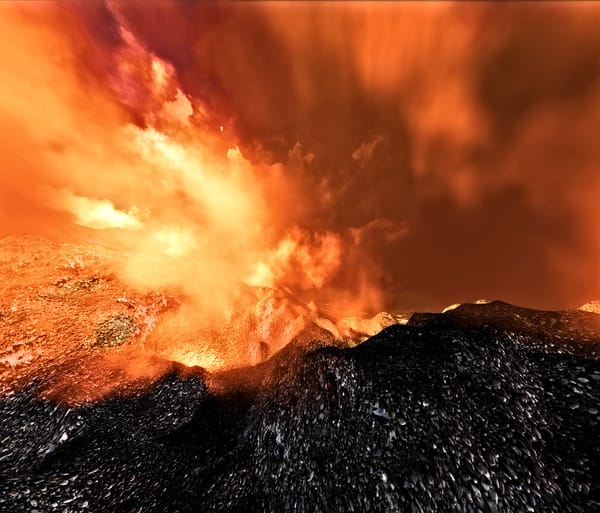Lessons from the work health and safety prosecution arising out of Whakaari Island volcanic eruption
A significant work health and safety prosecution in New Zealand, arising out of the catastrophic volcanic eruption in 2019 on Whakaari Island, which resulted in the deaths of 22 people, sends a strong message to all land-owners who licence access to tour operators regarding their duty of care under safety laws, as well as those persons conducting a business or undertaking (PCBUs) that operate tours in high-risk environments.
The eruption in 2019 occurred when more than 40 tourists and guides were on the island that was managed by Whakkari Management. It followed on from a similar eruption in 2016, which had occurred at night.
Whakkari Management was charged with being a PCBU with management and control of a workplace. Whakkari Management argued, unsuccessfully, that it did not have control over any relevant workplace on the island. By contrast, the Court found that Whakkari Management, in licensing access to tour operators and obtaining advice from the Institute of Geological and Nuclear Sciences Ltd (GNS) as to risks from the volcano, could and did exercise practical control over the tour operator’s workplaces, even if it did not direct or influence the activities of the staff and customers of those tour operators.
The Court found that Whakkari Management breached its duty of care by relying solely on the information from GNS without assessing the relevance of the information. The information, which was related to GNS scientific staff and not tourists, was also found by the Court to have been passed to Whakkari Management in an “ad hoc, infrequent, unstructured, informal and incomplete” manner. Further, it was apparent that no review of the practice of Whakkari Management assessing the risk on the island took place after the 2016 eruption.
Whakaari Management was fined NZ$1,045,000 and ordered to pay a total of NZ$4.88 million in reparations to the families of deceased and to injured victims.
Tour operators were also convicted and fined, including:
- White Island Tours, which was fined NZ$517,000 and ordered to pay NZ$5 million in reparations;
- Volcanic Air Safaris, which was fined NZ$506,000 and ordered to NZ$330,000 in reparations;
- Aerius, which was fined NZ$290,000; and
- Kahu, which was fined NZ$196,000.
GNS was also convicted, after pleading guilty, and ordered to pay a fine of NZ$54,000. Although scientists employed by GNS who were taken to the island were aware of the risks of eruption and mandatory exclusion zones, this information was not adequately communicated to the helicopter contractors who flew the scientists to the island. No scientists or helicopter contractors were on the island on the day of the initial eruption, although some visited in the week following.
From the experts behind the Health & Safety Handbook, the Bulletin brings you the latest work health and safety news, legal updates, case law and practical advice straight to your inbox every week.

